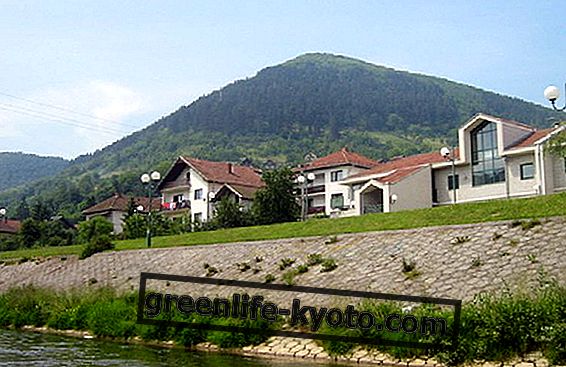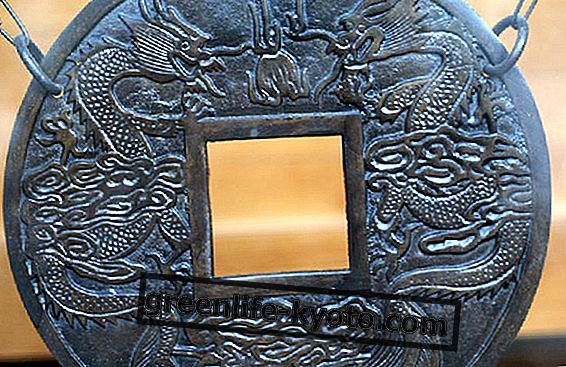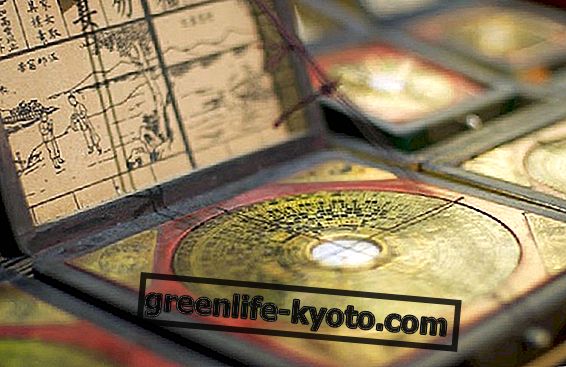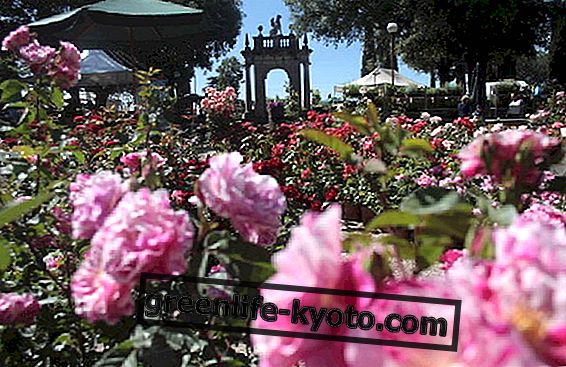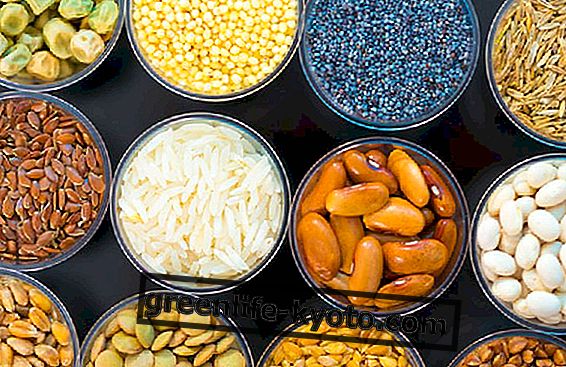
Something changes in Europe, political balances tell us that austerity policy does not work. We are in a state of crisis, we repeat it over and over again. You say it's the end of a cycle, in what sense?
A Europe was built on the pillars of unregulated finance and blind faith in the market, "neoliberalism". Now finance is destroying the real economy - Italy now has a quarter of industrial production in less than before the crisis and pays 10% of all public spending only for interest on debt - and the austerity policies imposed by the Europe is causing a great depression. We have little time to change course .
People in Italy are worse than 10 years ago. 9 out of 10 Italians are worse in terms of prospects, income and tranquility. This affects the body and vital energy. In what way do you think?
Nine out of ten are worse in economic and social terms: less income, but also precarious contracts, less protection at work, reduced pensions, few opportunities, zero certainty about the future.
People's dignity, self-esteem and media messages are blamed for the victims: they are not flexible enough, if they are worse it is their fault. Hence a widespread social and personal unease, stress, frustration, up to the sensational cases of so many suicides because of the crisis.
This malaise revolves around the concentration of wealth in a 10%. How did this come about?
For twenty years making money was the only yardstick, the dominant image was that of the successful rich - embodied to the full by Berlusconi both in his politics and in his lifestyle.
And all the policies implemented - both from the center-right and from the center-left - have favored the richest 10%, in Italy as in Europe: tax cuts, privatization, liberalization, delocalization of production, ever stronger finance, the work getting weaker.
This system reminds us of the inequality typical of the 1930s, let the markets and finance do the work, has taken away an important slice of citizens' income. We need to change course. You in your book provide some proposals for sustainable development from an environmental point of view and an improvement in the social perspective. Can you tell us about it briefly?
People, work and the real economy must be put at the center. Link hands to finance, change the rules of Europe and use politics in a new way, to protect society, the values of the Constitution, the rights of citizens.
Public spending must cut spending on weapons and protect welfare, the problem of public debt must be tackled with a common action of the European authorities, eliminating the space for speculation. And then the demand must be restarted, with investments that must produce sustainable productions, and create quality jobs.

She teaches Economic Policy at the University of Urbino. How do you see your students? Demotivated, disoriented, strong?
Young people are fragile, disoriented, individualistic, have few points of reference and are victims of precarization in a profound way. They find it hard to think that they have collective identities and interests, and they do not yet know that putting things together can change things.
"Sbilanciamoci" is a campaign of which you yourself are the founder. Can you explain what it is?
Twelve years ago we thought that concrete alternative proposals to what the governments were doing were needed, now there are 50 national associations that are part of it and build every year a "counter-finance" proposing a public expense that serves people and not the strong powers and alternatives to European austerity policies.
There are dozens of free downloadable books and reports from Sbilanciamoci.org, with information on current campaigns, and then the Sbilanciamoci.info website makes counter-information every week about how we could change the economy. It is a tool to get people involved.
The crisis concerns an entire development model. In an interview on May 24, 2011 released to Wise Society by Francesca Tozzi, she explained: "It must change the quality of what is produced and the way it is produced, incorporating the stimuli coming from the critics of growth to everyone costs". In our own small way, each of us, what can we do to activate this change?
Get out of individualism, rebuild social relationships with the people we work with, neighbors, those with whom we share values and goals.
Then act collectively - protest together when needed, invent common solutions when you can - to work and live better.
Finally, rediscover politics : if we do not take up politics again, 10% of the rich and powerful will always win.
Other information is on the website of Nove su ten
and on the facebook page of Nove su Dieci

